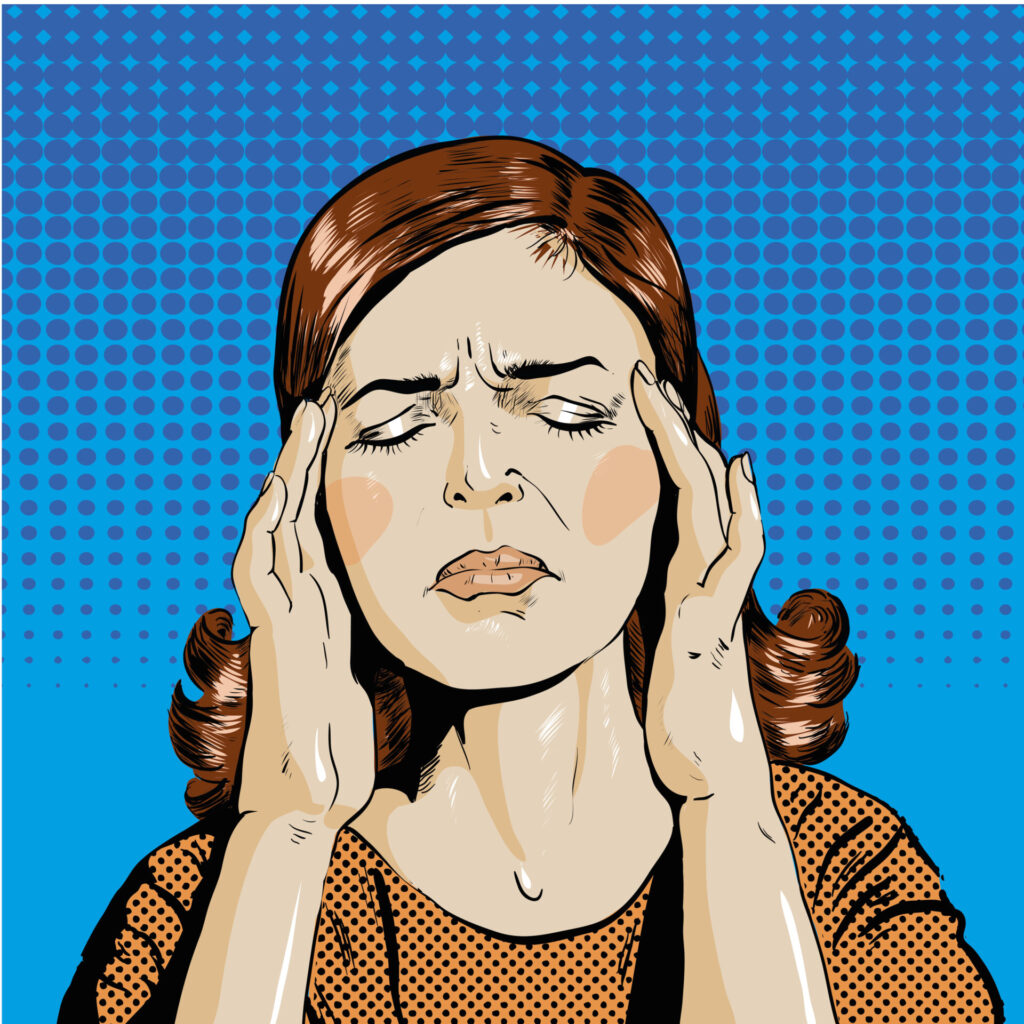
How do we improve energy and feel fantastic? By eating nourishing food and taking regular exercise, we can improve energy to keep doing all the things that we love to do, to make us happy.
What makes you feel happy and connected with the world? Socialising with friends, Walking in Nature, or to immerse yourself completely in something that you enjoy doing? These 6 tips to improve energy will show you how.
In this article, we look at how we produce energy, and some important tips on how to create and maintain more energy in your life.
Energy metabolism is the basis of life and underpins all aspects of health. The Sun is the energy powerhouse of our solar system, and the mitochondria are the powerhouses (or batteries) inside our cells. Each cell contains thousands of mitochondria, with the most being present in our high energy systems such as the heart, brain and muscles. They work constantly to keep our metabolism running. They do this most efficiently by using oxygen and by converting sugar, fat and protein from our food, into adenosine triphosphate (ATP), the ‘energy currency’ of our bodies.
But what happens when our magnificent mitochondria don’t function as they should? We start to suffer from:
-
- Lack of energy,
- Chronic Fatigue
- Depression
- Chronic pain
- Diabetes Type II
- Hypertension
- Neurodegenerative conditions
- Inflammation and autoimmunity.
Mitochondrial dysfunction is becoming more prevalent as we consume less nutrient-dense foods, more processed foods and are regularly exposed to stress and environmental toxins.
So, what can we do to sustain our energy, protect ourselves from chronic and degenerative diseases and feel good all day, every day?
IS SUGAR NECESSARY TO FUEL ENERGY?
Whilst sugar is required for energy production, consuming too much sugar or carbohydrates disrupts our insulin production and our blood sugar balance. This causes an energy rollercoaster, which leaves us craving more sugary foods, and feeling depleted at times. Healthy fat is also a good energy source, and can be converted to energy via an alternative energy pathway called beta-oxidation, which can actually provide more ATP per molecule than glucose. In the absence of sugar, the body will automatically switch to alternative energy sources. So, consuming sugar or carbohydrates is not essential for energy production.
Some tips to balance blood sugar spikes:
- Avoid sugary foods and ‘white’ carbohydrates such as potatoes, bread and pasta. Focus on eating more fibrous carbohydrates found in vegetables and whole grains, as they convert to sugar more slowly and don’t over-saturate our blood with glucose.
- Make sure that you eat enough fat and protein, as these are also excellent energy sources, and provide a much longer, more sustained fuel for energy production.
- Don’t skip meals and aim to eat 3 nutritious meals a day to sustain energy levels.
WHY DO WE NEED OMEGA FATTY ACIDS?
Low-fat diets are a misnomer and should be avoided. However, the quality of fat that we eat is vitally important. We need to include the essential fatty acids (EFA) in our diet, which includes linoleic acid and alpha-linolenic acid. These feed so many processes in our bodies, especially brain health, joints, pain, inflammation and of course heart health. Every cell in our body has an outer membrane that is mostly made of fat. This provides a natural barrier and creates fluidity and flexibility for nutrients to pass through and enter the cell to reach the mitochondria.
- Omega-3 fat, found in oily fish (salmon, mackerel, sardines, anchovies) as well as in flaxseeds, walnuts and chia seeds, nourishes cell membranes, including in the brain, and reduces pain and inflammation.
- Equally omega-6 fat, found in lean meat, butter, pumpkin, sesame and sunflower seeds, almonds, brazil nuts and olives also nourish our cells and mediate inflammatory processes.
- But, it is important to note that omega-6 is commonly over-consumed as it is more readily available in our diet and present in many processed foods. We should aim for a 1:2 ratio of omega 3:6 foods, which means that you need to focus on your omega-3 intake, which is often harder to achieve.
IS PROTEIN ONLY FOR BODY-BUILDERS?
Absolutely not! Protein is a fundamental building block for DNA synthesis and provides the essential amino acids necessary to produce energy.
- L-carnitine and N-acetyl-cysteine both support energy production and mitochondrial function.
CHRONIC STRESS REDUCTION IS KEY!
Chronic stress keeps us in a ‘fight or flight’ sympathetic state constantly. A lot of energy is used up in this state. Whilst our ancestors encountered intermittent stress (escaping from predators), we are now faced with low-level stress all day long. This comes from either a poor diet, busy and over-active mind or an angry boss!
- Ditch the stress and find ways to get into a parasympathetic mode – deep breathing into the diaphragm works wonders, as it activates the vagus nerve, putting us instantly into a parasympathetic mode.
- Meditation, exercise and getting out into nature are all simple and achievable tools to tap into and reduce stress. I’m sure you can find the time if you make it a priority.
SLEEP LIKE A BABY
This is an obvious one, but how many of us are truly focussed on our sleep routine?
We need up to 8 hours of sleep to give our bodies time to rebuild, restore, repair. Something that we are designed to do very effectively. Studies prove that sleep improves the immune system, hormone production, digestive processes and neurotransmitter regeneration. It also gives the rest we need to function optimally each day with renewed energy.
- A dark bedroom is a priority, as this activates our circadian rhythm and promotes melatonin production. Remove light sources at night where possible.
- Drink a herbal tea infusion before bed, such as valerian, lavender, l-theanine or camomile.
- Avoid eating at least 2 hours before bed to give your digestive system time to slow down.
ENVIRONMENTAL TOXINS – THE BAD GUYS!
Toxins are now endemic in our environment and cause significant damage to our cells. They are shown to impede mitochondrial function by blocking cell receptors and obstructing ATP-ADP conversion processes.
- Remove toxins from your life where possible, by buying organic food, drinking filtered water and avoiding processed foods with additives.
- Emotional toxicity is also very real! Negative emotions, trauma and conflict all add to our toxic burden, so re-frame your mindset to be positive about life.
We are all in this human struggle together, so being more supportive, kind and accepting of others, makes us feel good about ourselves, and generates positive energy across the whole world!
If you focus on energy regulation in your daily life, then you will build the RESILIENCE to be able to do all the things you love to do, every day.
Kate Lee is a Registered Nutritional Therapist, who specialises in Hormone health and balancing energy. She provides consultations at her clinic in Surrey, to improve the lives of people struggling with low energy, fatigue and fluctuating hormones, to live a more energised, vibrant life.





1 Comment
Stott Margie
Great article Kate!